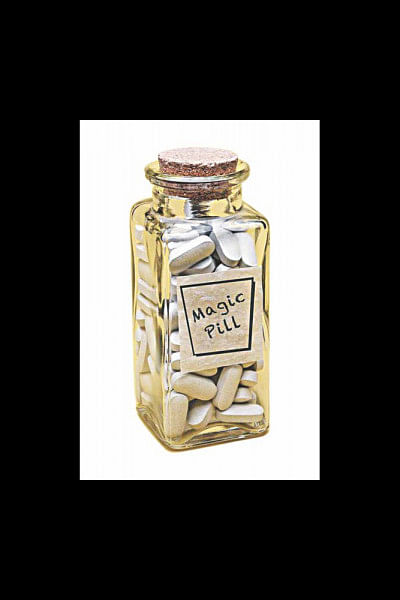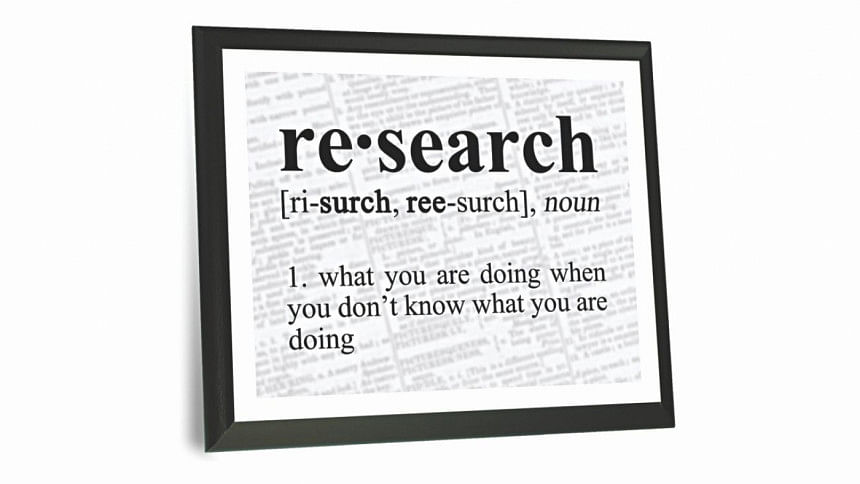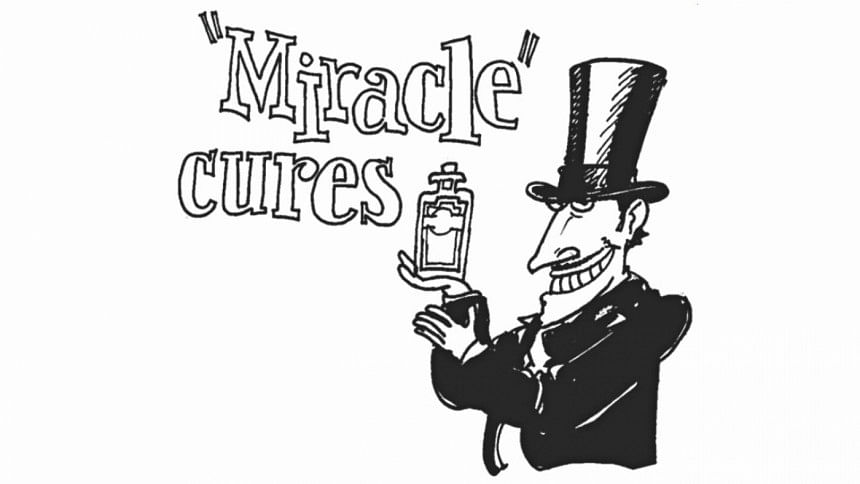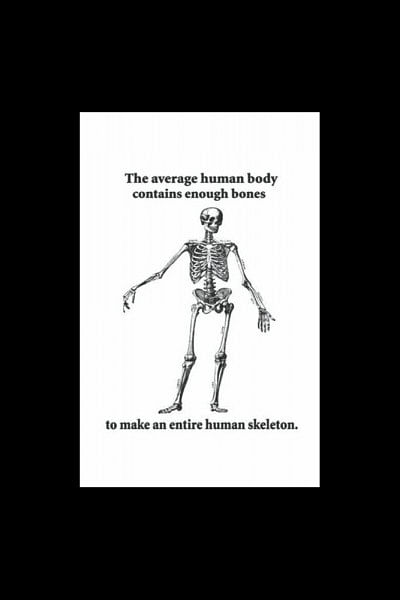Scientific Studies for Dummies


Did you know that a recent study has shown that individuals who berate bus conductors for the fare have a higher chance of becoming millionaires? This is due to a superior hippocampus which processes saving money and future investments exceptionally better than normal people.
Fell for it again, didn't you? How many times are you going to get bamboozled by the media when they report on a new cure for cancer for the billionth time? Remember that time you believed the article that said intelligent people talk less just because you don't talk that much? I appreciate your enthusiasm for science but don't get tangled into the pseudoscience that the media churns out. Science is serious business, an idea or phenomenon needs to go through rigorous testing and experimentation. Studies must abide by critical rules and procedures. Today, I'm going to go through those golden rules in simple, easy to understand language through examples which are going to be relatable to Millennials. So, let us start.
RATS AND HUMANS ARE NOT THE SAME
Yes, some humans you know may behave like rats, but you can't disregard the physical differences. Experiments done on rats give us partial info about how a substance or procedure will affect actual people. This is not to say that rat studies are useless; they're the stepping stone to further experimentation. When reading up on rat research, just remember that it will not provide the complete picture until actual human participants are involved.

HOW THE MEDIA WORKS
Let's say you logged on to Facebook and you clicked on an article shared by your uncle, titled "Dry fish cures asthma". If the article is trying to be honest, it will link to the actual study or at least cite the journal entry. Being the smart person you are, you go to the source. There you read the scientist's description where he says that the actual study was done on rats and asthma attacks were reduced by 2%. Feeling betrayed, you comment on your uncle's post saying that it's not accurate, to which he replies, "Chup kor beyadob, shutki kha!" Remember, generic news portals need those clicks and usually they just write these "science" articles by reading generic "studies" available on the internet.
SAMPLE SIZE: NUMBERS MATTER
Your friend broke up with her boyfriend, this was her 7th breakup. With tears in her eyes, she exclaims, "All men are the same!" You know she's wrong and doing a disservice to science. For her claim to be valid, 7 young men are not enough. Her hypothesis needs to have statistical significance to be accepted. You have to tell her that there are billions of men and she has dated only 7; she has to go out with at least a thousand guys to be taken seriously. You console her for a bit and then send her off to an enlightening journey of proving her conviction scientifically. So, the more participants a study has the better it is, as simple as that. Unfortunately, you forgot to tell her about the other elements that she needs to keep in mind.
SO MANY VARIABLES
Let's go back to your friend. Even if she dates a thousand guys and all of them break up with her, it still might not give correct results. What if it's not actually the guys' fault but your friend's? Maybe they had financial problems, family problems, maybe it just didn't work out and she likes holding grudges? With so many possible reasons, the study will not be valid unless she can control these variables. Remember, the only variable being tested here is the maliciousness of men, all others must remain constant.
CONTROL GROUP
You want to observe the amount of girls a guy attracts when he uses a particular musky deodorant. For this experiment, you need two groups: one which will use the deodorant, the other which will not (control group). You'll count the number of girls the control group attracts, and do the same for the deodorant using group. With the data in hand, you can deduce whether the deodorant works in attracting girls or not by comparing with the control group. If the deodorant group attracts more girls, it works. (Make sure to control the variables like the attractiveness of the men). So, the control group is basically used as a benchmark to compare with.

THE IMPORTANCE OF TIME
Your friend is back. She's going out with this guy for three months. She excitedly tells you that she has found her one true love. But you know otherwise. If it were three years, maybe it might have been true love but science is not that forgiving. In general, if a study is conducted for a long time, its validity increases.
PEER REVIEW
You're a budding musician. You bought your first guitar from the local store yesterday. You already wrote a song and played it for your friend. He clapped his hands and said, "Whoa, dude, you're like the next Jimi Hendrix." No you're not. Not unless actual musicians hear your song and praise you. Peer review is a bit like that. The integrity of a study greatly depends on whether the results can be replicated by other researchers or not. If others think that the study's methodology is correct and they can copy the exact methods and come to the same conclusion, then it's a top-notch study. So, whenever you're looking at a study, notice if it's peer reviewed or not.

BIASED STUDIES
Some scientists did research on the importance of fat in our diet. They concluded that individuals with a lot of fat stored in their bodies are healthier than people who are anorexic. You'll read this and think, "Wow, so being fat is actually better than being thin?" Not so fast. You first have to look at who funded the research. It turns out the fast food industry funded it and the scientists manipulated the results. This is just an example, industry funding does not necessarily mean the research is flawed by default, but whenever you do read one, take it with a grain of salt.
CORRELATION ≠ CAUSATION
You play games all day like the typical adolescent who has no idea about the hardships of the adult world. Your mother comes in and tells you, "Eto game khelos er jonnoi fail koros!" By her statement we can see that the more you play games the lower your grades go, so it's a negative correlation. Now, think about it for a second, does playing games cause you to fail? I think not studying is the reason for your failure. You might say that games occupy all your study time and that's why you fail but games don't directly give you bad grades, do they? This is a key distinction to look out for to avoid all those "Chocolate makes you skinny" articles.

LAW VS. THEORY
This is for all the "It's just a theory!" folks. The word "theory" has a different meaning in science. Colloquially, the word basically means a hunch or guess but in science a theory is a thoroughly tested explanation of a phenomenon. In science, a hunch is equivalent to a hypothesis. When a hypothesis is repeatedly tested without any faults it may form a theory. Now, let's look at the differences between these terms.
Your mother comes into your room every morning and yells at you, "Tokey diye kichhui hobe na!" We can call this the "Law of Angry Ammu". Why is it a law? Well a law is basically a description (usually mathematical) of a natural phenomenon. A law can just tell us what happens, it cannot answer why it happens. So, we have to come up with a hypothesis why this happens every morning. Maybe she's angry because you consistently get bad grades? Now, we have to put this hypothesis to the test and make it a theory. So, one day you actually study and do well on your test. The next morning your mother doesn't enter your room. Hmm, seems promising but remember, rigorous testing. Now, you regularly get good marks on all your tests. Your mother doesn't yell at you anymore. Congratulations, you just made a theory!
CLINICAL TRIALS
Inventing breakthrough medicines requires millions of dollars and amazing facilities. Lives are on the line when it comes to medicines. It takes years for one drug to go from the testing facility to the shelves. That's why the highest testing requirements have to be met when it comes to medicines. Usually they test them on animals first, after that they go through several phases of human trials where the trails are usually randomised and double-blind. After the final trials with the affected target patients are successful, the medicine is manufactured commercially. So, all those wonder drugs you hear about? They're probably years from actually being released, if they survive the trials that is.
I tried to make this a light-hearted and fun explanation but I hope the next time someone reads a sensationalist headline, they go to the source and scrutinise the whole study by using the info provided here.
Shoaib Ahmed Sayam tortures himself by watching fake sports and Vietnamese cartoons. Help him at: fb.com/ooribabamama

 For all latest news, follow The Daily Star's Google News channel.
For all latest news, follow The Daily Star's Google News channel. 



Comments